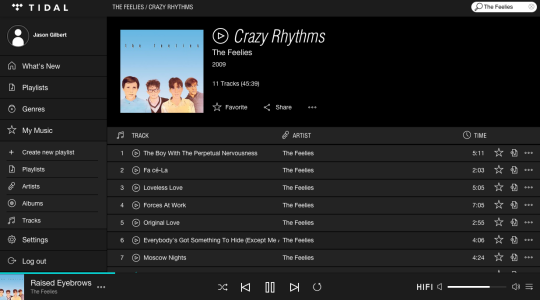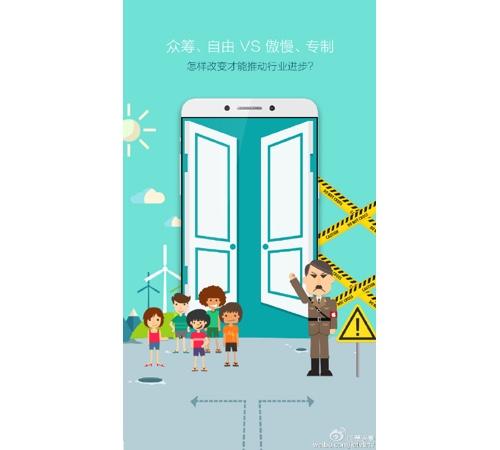
Jay-Z and a whole bunch of famous music artists joined together on Monday afternoon to re-open the doors to TIDAL, a music streaming service recently taken over by Mr. Carter that looks to take on the likes of Spotify and Rdio.
At a press conference, Jay-Z, Beyonce, Kanye West, Daft Punk, Jack White, Rihanna, Madonna, Alicia Keys, Jason Aldean, members of the Arcade Fire, Nicki Minaj, Chris Martin of Coldplay, Deadmaus, and other musical superstars appeared onstage to celebrate the launch of Tidal, which the company says will offer higher-quality audio streaming than competing services. The service is owned by Jay-Z, the stage name for Shawn Carter, who recently bought Tidal for a reported $56 million from parent company Aspiro.
The company’s minority owners are apparently the artists who joined Jay-Z onstage on Monday, according to an article in the New York Times; Carter granted them all small stakes in the new service in return for their participation in promotion, per the Times.
This is, officially, a relaunch: Tidal existed before Monday’s “launch event.” The service originated as WiMP in 2010, and was known as either WiMP or Tidal in various countries. Because it’s a legacy app, Tidal already has 25 million songs in its library. That’s a comparable library to competitors like Spotify, Rdio, MOG, and Google’s music service.
Tidal will cost $10/month for streaming in AAC (which you’ve heard if you’ve ever bought a song off iTunes) or $20/month for streaming in lossless FLAC, a music compression standard that does not decrease the quality of the song. You will be able to toggle between the two, if you are streaming over a mobile connection and wish to save your data.
There will be no free tier; services like Spotify and Pandora offer free tiers supported by advertisements that interrupt the service. You’ll have to pay at least $10 per month to listen to Tidal.
Aside from high-quality streaming –– which many listeners may not be able to distinguish from compressed AAC tracks –– Tidal will also apparently offer exclusive content from the artists involved, as well as special events for paying members. It’s not yet clear how this will play out in reality.
The Tidal player is available as both a website and an app for iOS and Android; there is no desktop player, nor is it possible to upload music to the service. It will also stream to a number of speaker systems, including the popular Sonos set. Like Spotify, Tidal will offer the ability to save songs for listening without an Internet connection.

































